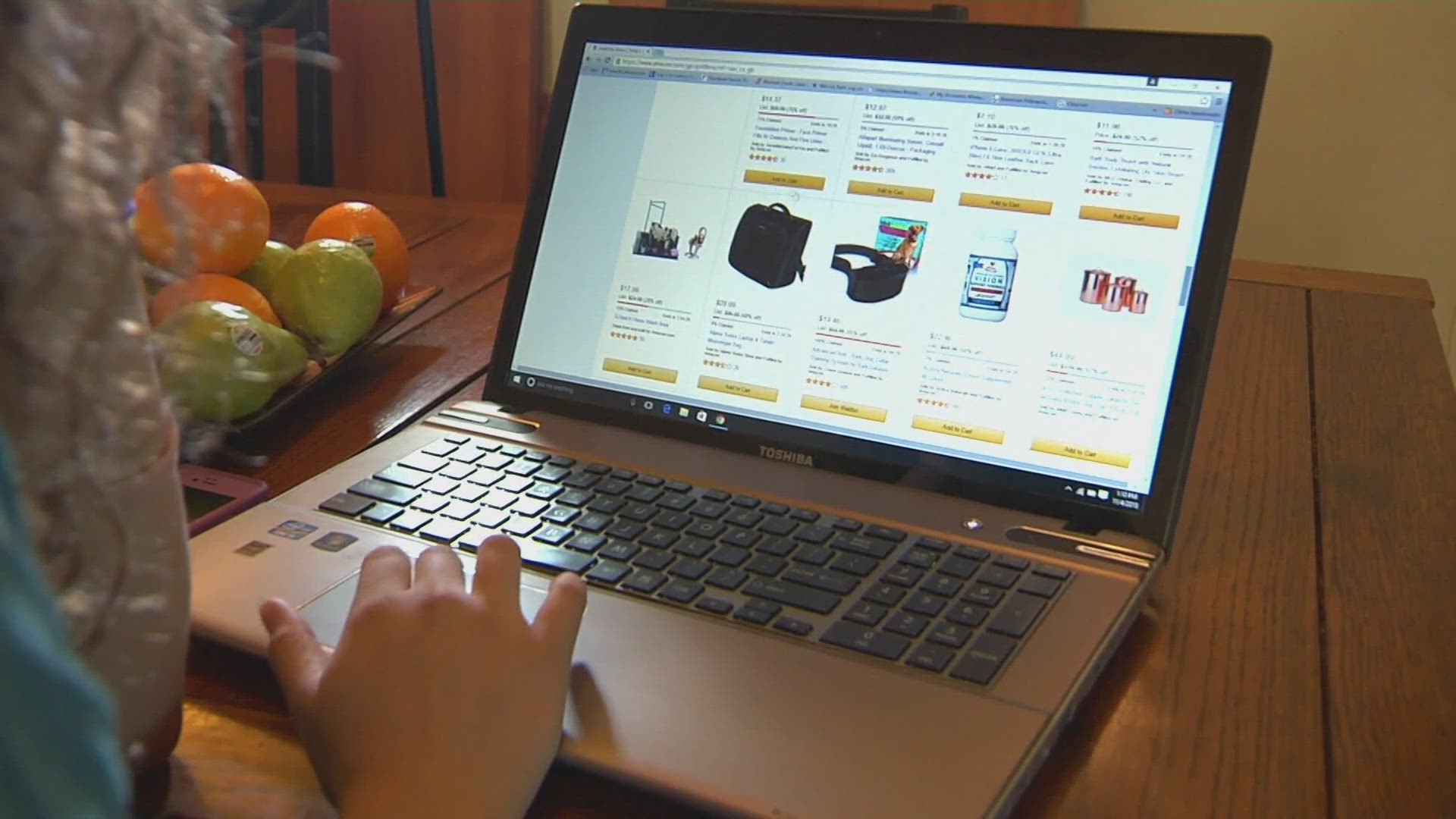SEATTLE — About a quarter of all retail purchases are projected to move online by 2026. The Forbes analysis outlining this estimate has the Better Business Bureau Great West + Pacific putting out more consumer safety reminders
The BBB said falling for fake online product reviews and ratings often leads consumers to buy poor-quality products or services.
According to BusinessDIT, 93 percent of consumers say online reviews impact their purchasing decisions. Fake online reviews cost $152 billion a year, according to the stats, while 54% of consumers would not buy a product if they suspected it had fake reviews.
Dale Dixon, of the BBB, said businesses that use and pay for fake reviews will often see an increase in sales because of the positive comments.
"Follow the money trail," Dixon said.
Some businesses and brands will pay anywhere from 25 cents per phony review or rating up to $100 per review.
The BBB said a good rule of thumb is to see how much information is offered for a product. If there seems to be too little or too much detail - it may be a red flag.
"Look for writing that is full of superlatives, as well as passages that are too long and detailed," Dixon said. "These are giveaways to a fake review. Also, look for writing that’s too short and vague."
Looking out for "sales pitch" wording is another recommendation.
"Top writers are able to write a lot of words without actually saying anything," Dixon said. "They do this by writing about features and benefits, rather than an experience with the product or service. While there’s nothing wrong with reviews that talk about what something does or how it works, you should be suspicious if that’s all they talk about.."
To find more BBB resources and tips to spot fake product and business reviews - click here.

